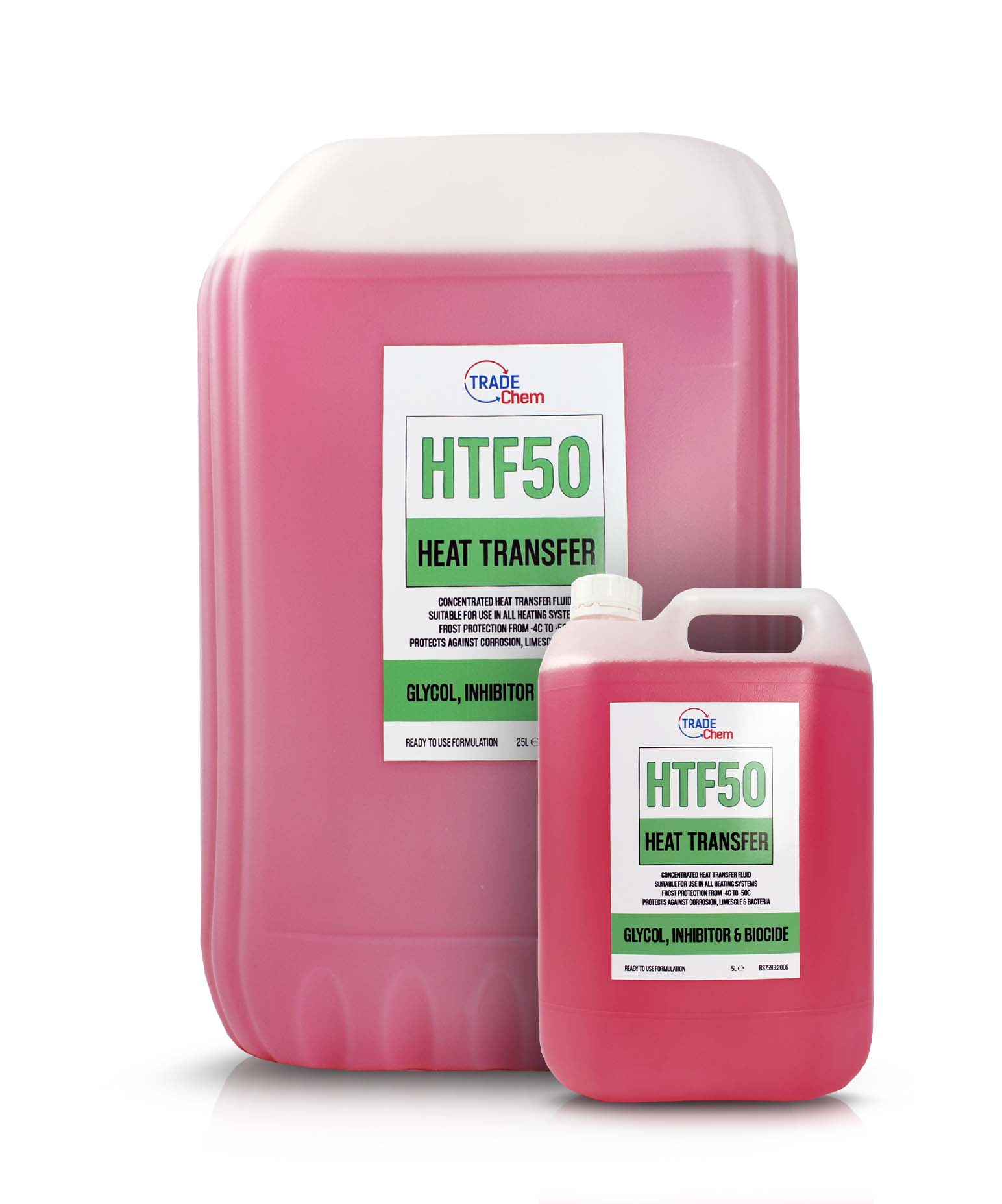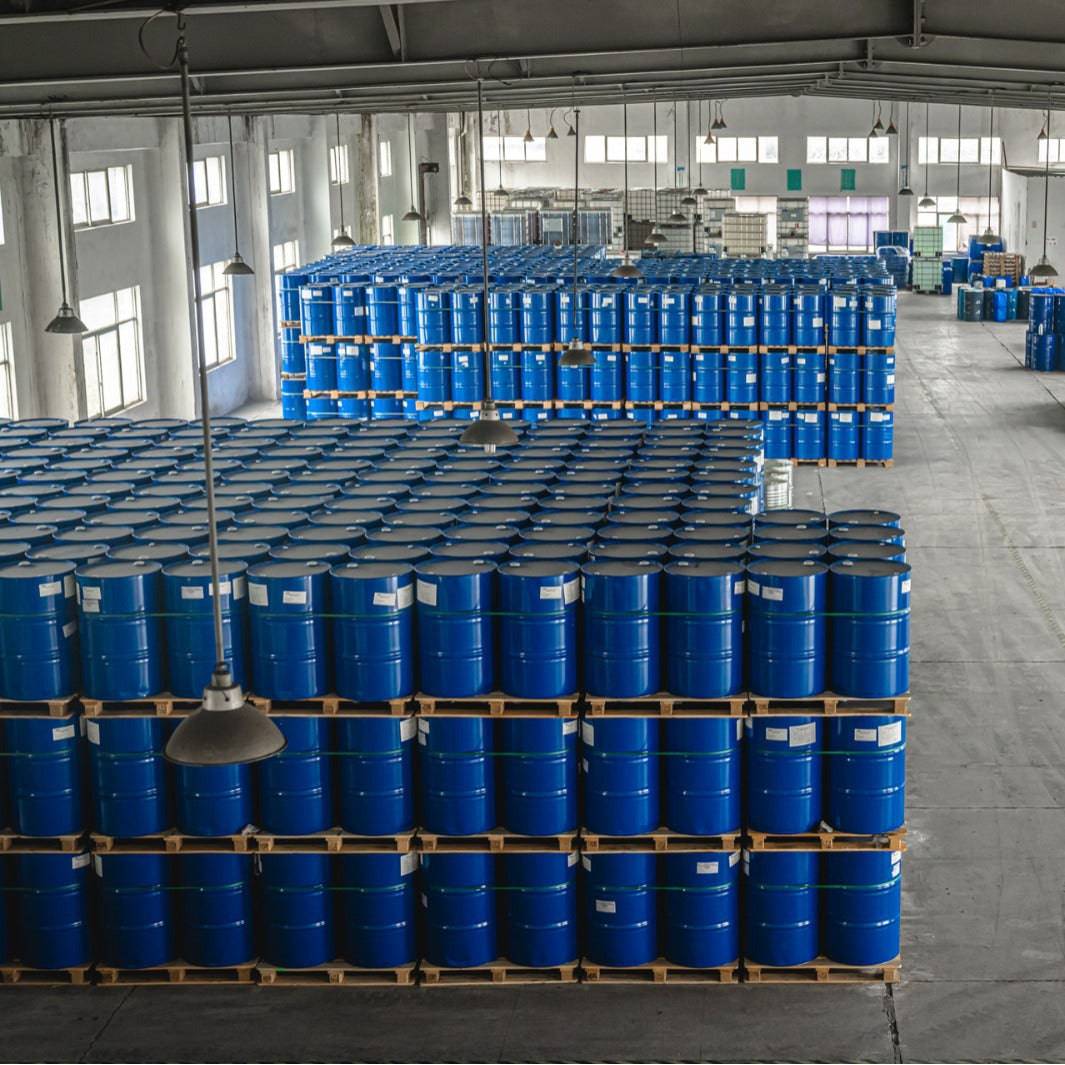Heat Transfer Fluid: Essential for Optimizing Industrial Heating and Cooling Systems
Heat Transfer Fluid: Essential for Optimizing Industrial Heating and Cooling Systems
Blog Article
How Warmth Transfer Liquid Adds To Sustainable and Economical Operations
In the contemporary commercial landscape, the role of heat transfer fluids (HTFs) in promoting lasting and cost-efficient operations can not be overemphasized. These liquids are crucial in maximizing thermal monitoring systems, thus substantially boosting power performance and decreasing operational prices. heat transfer fluid. The ecological advantages of sophisticated HTFs, with their high thermal security and reduced poisoning, are obvious.
Comprehending Warm Transfer Fluids
In the world of thermal administration, heat transfer liquids (HTFs) offer as vital agents for moving thermal power from one place to another. These liquids play a crucial duty in different industrial applications, including chemical processing, power generation, and Heating and cooling systems.
The composition of warm transfer liquids can differ substantially, including choices such as mineral oils, synthetic oils, glycols, and molten salts. Each type provides distinctive benefits, such as enhanced thermal security, low thickness, and high boiling points, which are picked based on specific functional requirements. In addition, the choice of HTF effects not only the performance of warm transfer but likewise the durability and security of the system in which it is used.
As markets remain to innovate, the development of sophisticated HTFs, defined by their boosted thermal conductivity and reduced environmental influence, is important for satisfying the needs of modern-day thermal management challenges.

Enhancing Energy Effectiveness

Improving power performance has become a paramount issue across various industries, prompting a closer exam of heat transfer fluids' role in optimizing thermal management systems. These liquids are indispensable to keeping the wanted temperature level in procedures, consequently lessening power waste and improving overall system efficiency. By picking an appropriate heat transfer liquid, sectors can dramatically boost their energy performance, leading to minimized energy consumption.

Advanced formulations of warmth transfer liquids have actually been established to stand up to extreme temperatures while keeping security and effectiveness. These advancements extend the operational lifespan of the fluid, lowering the regularity of replacements and energy-intensive maintenance tasks. Moreover, the usage of artificial or bio-based fluids provides extra advantages in regards to decreased environmental impact, straightening with worldwide sustainability goals. As a result, enhancing power effectiveness through ideal heat transfer liquid selection is not just a technological requirement however additionally an ecological essential.
Reducing Operational Costs
Functional prices are official site a significant factor to consider for sectors looking for to maintain competitive advantage, and the option of warm transfer liquid plays a vital duty in cost management. Choosing an ideal warmth transfer fluid can cause significant price financial savings by boosting system efficiency and decreasing energy intake. High-performance liquids minimize thermal degradation, which consequently decreases the frequency of fluid substitute and downtime connected with upkeep, thereby decreasing functional expenditures.
In addition, warmth transfer liquids with exceptional thermal security and rust resistance prolong the life expectancy of devices. This lowers the need for constant fixings and substitutes, which can be expensive and disruptive to operations. By spending in top quality fluids, industries can attain long-lasting reductions in maintenance prices and boost the integrity of their systems.
In addition, advanced heat transfer liquids frequently display reduced thickness at operating temperature levels, which enhances pump efficiency and minimizes energy usage in liquid circulation. Many modern warm transfer liquids are engineered to operate efficiently over a wide temperature variety, decreasing the need for several fluid kinds, click here to read therefore streamlining inventory requirements and decreasing linked prices.
Ecological Influence Decrease
The push towards reducing environmental effect has actually obtained energy in sectors leveraging warmth transfer liquids. Firms are significantly acknowledging the significance of lessening environmental impacts by embracing sustainable methods. Warm transfer liquids (HTFs) play a crucial role in this transition, offering opportunities to enhance power performance and lower exhausts. By picking HTFs with high thermal stability and low toxicity, sectors can make sure very little leakage and degradation, hence decreasing unsafe ecological launches.
In addition, the usage of innovative warmth transfer fluids adds to enhanced system efficiency, lowering the general power intake. This reduction not just results in price savings but additionally decreases co2 emissions, assisting in a knockout post the fight versus climate adjustment. Fluids that are eco-friendly and recyclable better improve sustainability efforts, as they lessen waste and promote round economic climate practices.
Additionally, incorporating HTFs into closed-loop systems prevents fluid loss and contamination of the surrounding atmosphere. This strategy guarantees that liquids are reused, minimizing the demand for new resources and limiting waste generation. By accepting these environmentally mindful methods, sectors can dramatically diminish their environmental influence while maintaining high operational performance, lining up with global sustainability goals and regulative needs.
Choosing the Right HTF
Choosing the ideal heat transfer liquid (HTF) is an important action in progressing ecological sustainability within industrial processes. The option of HTF directly affects system efficiency, energy usage, and ecological influence. A suitable HTF needs to possess a high thermal ability, reduced thickness, and high thermal conductivity to ensure efficient heat transfer. Furthermore, its stability over a broad temperature array is crucial to stop deterioration, which can cause boosted exhausts and waste.
This ensures durability and lowers maintenance prices. The fluid ought to be safe and eco-friendly, reducing its environmental impact and making certain conformity with ecological policies.
Verdict

Report this page